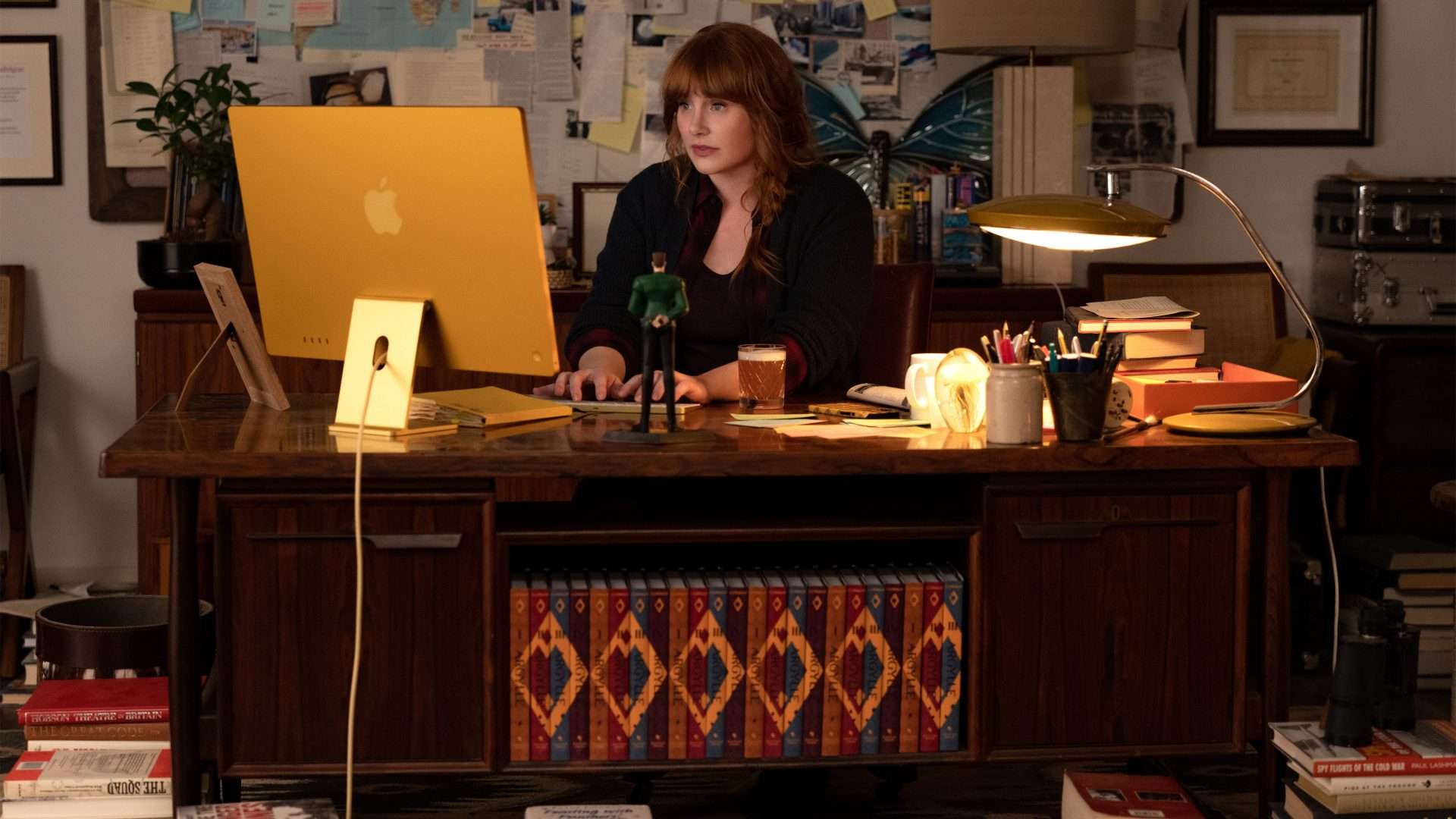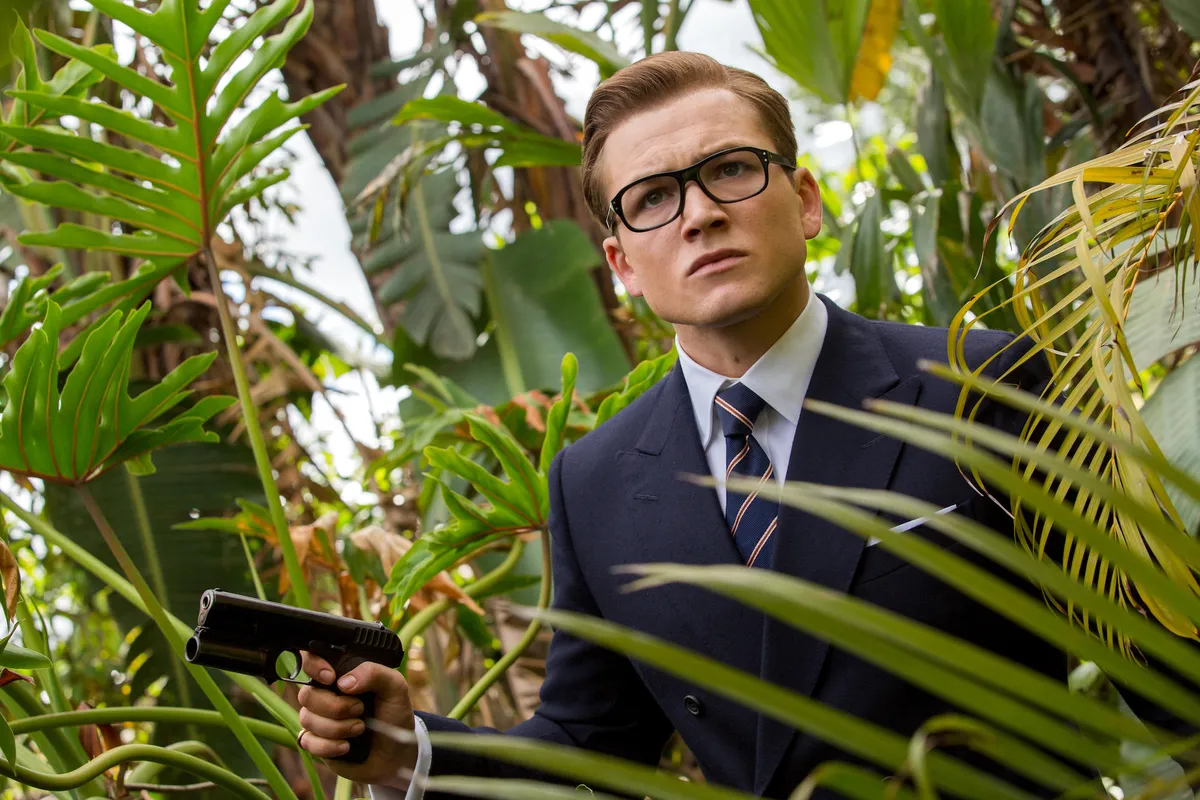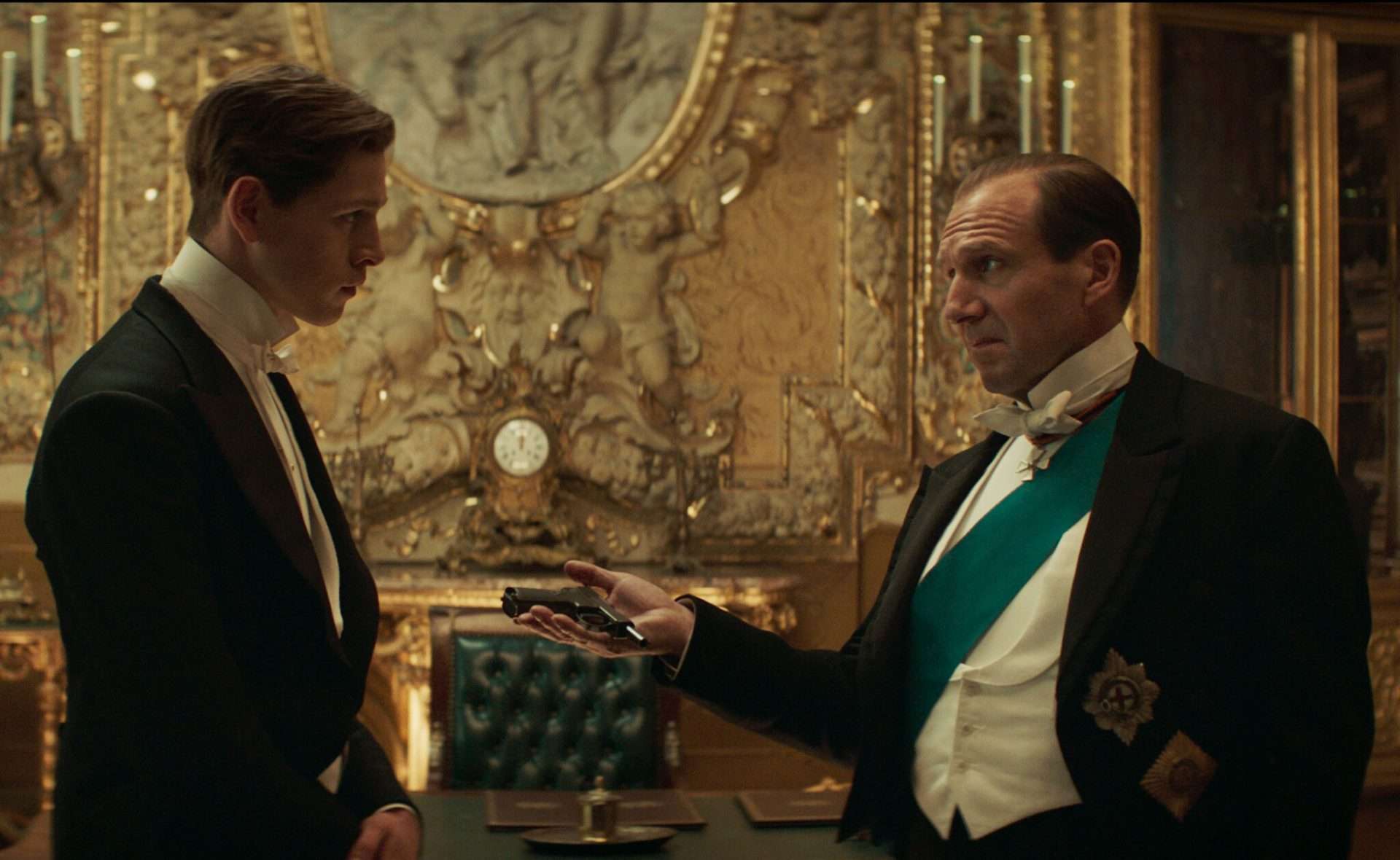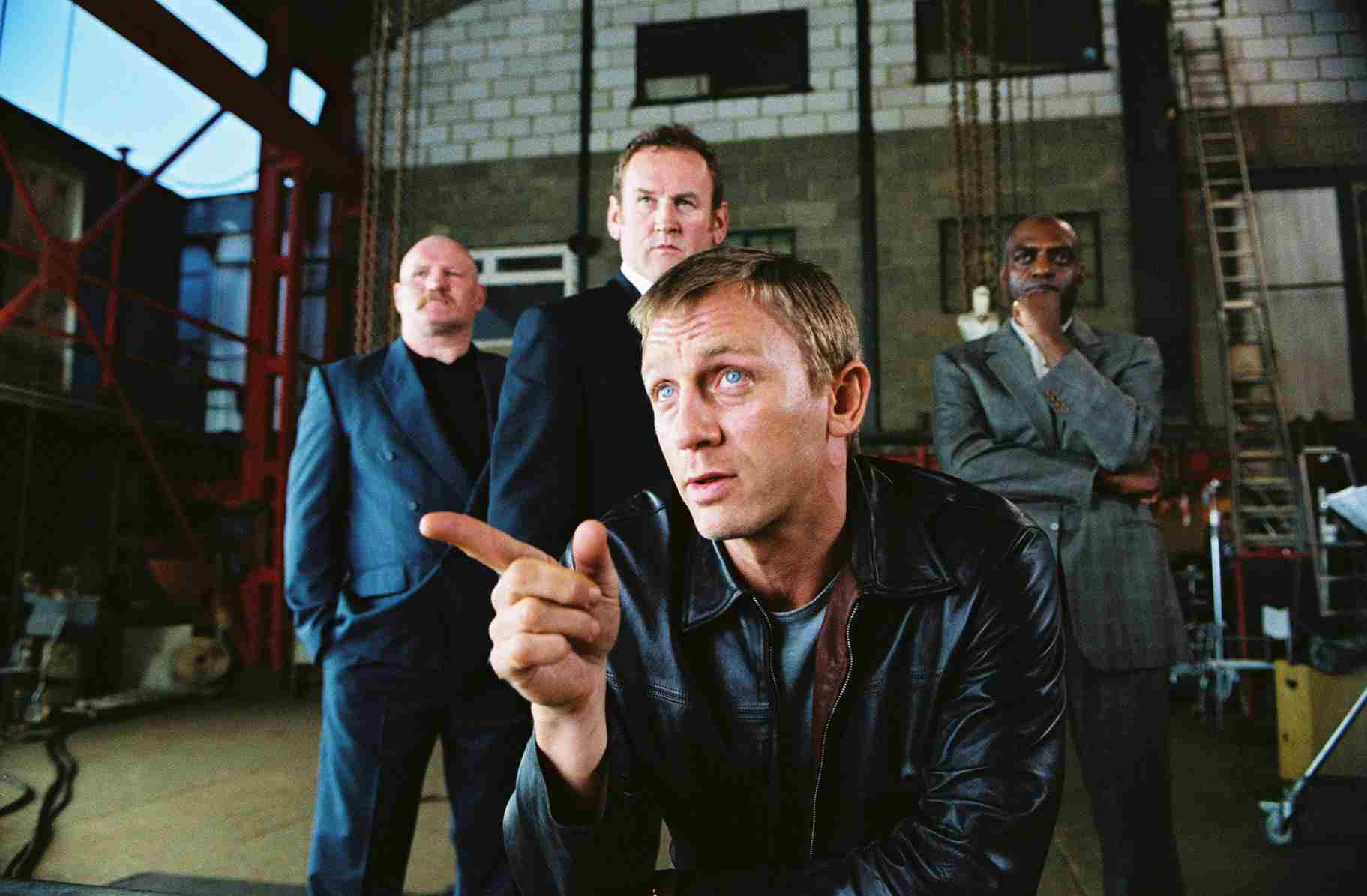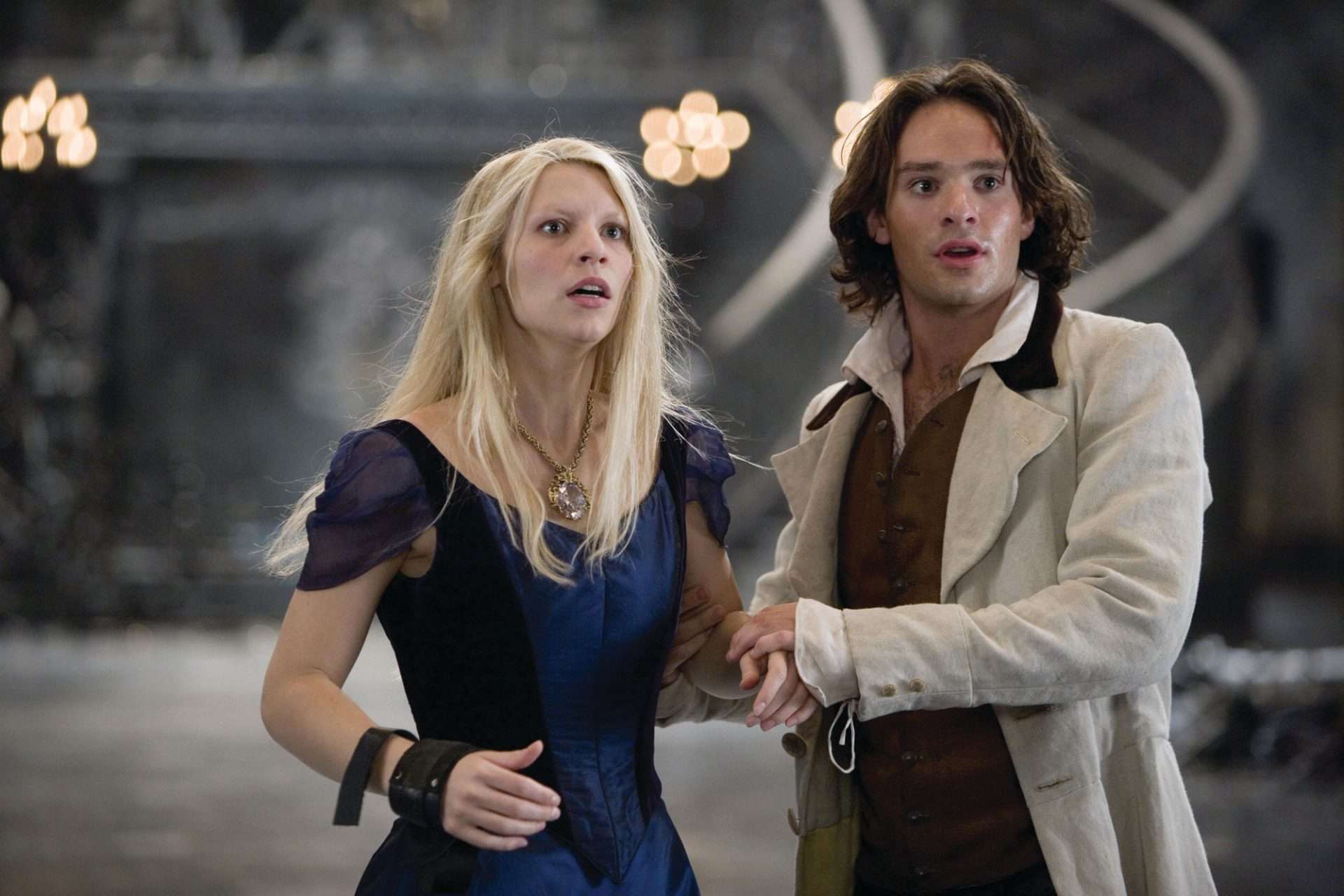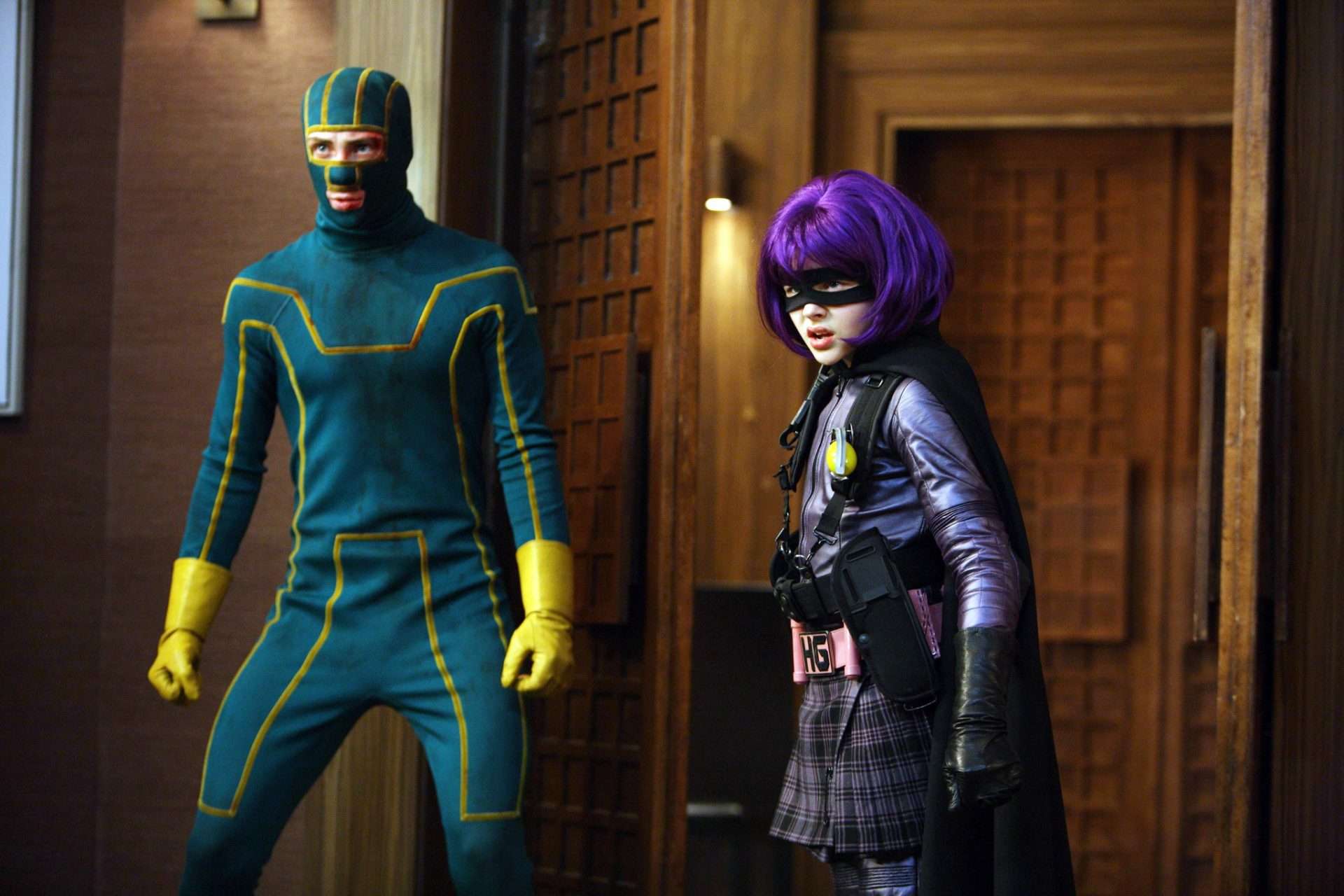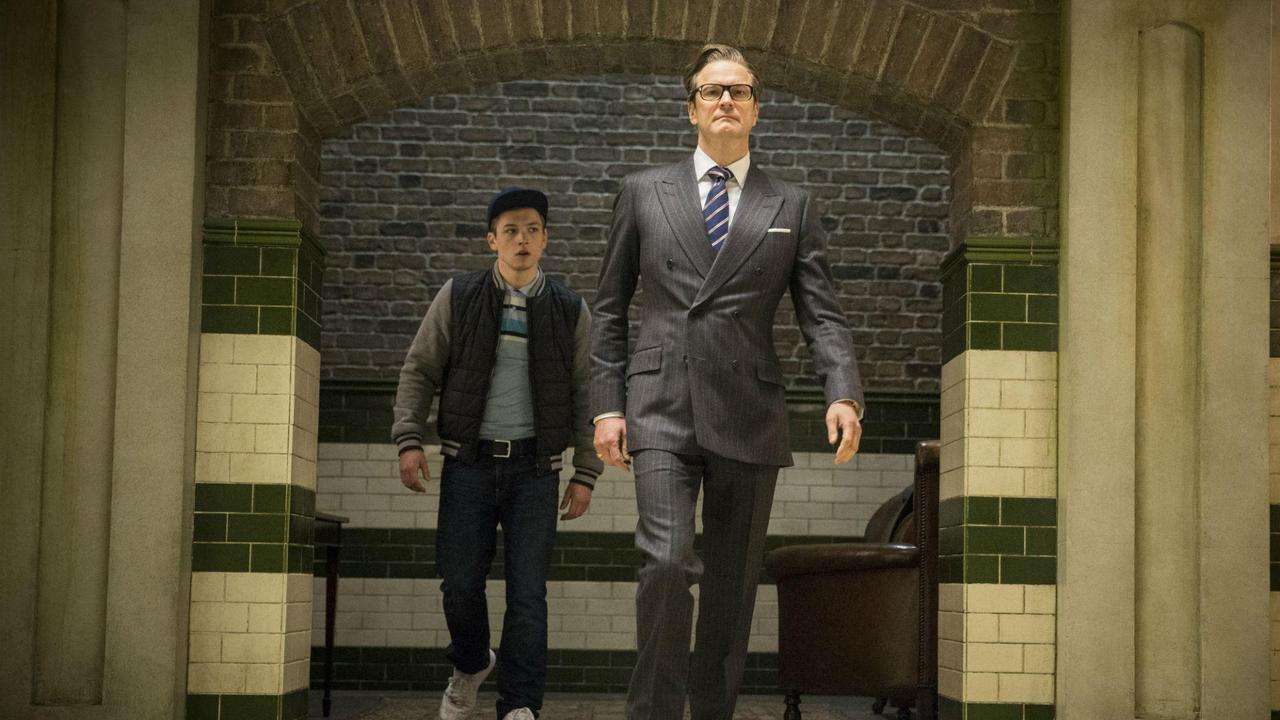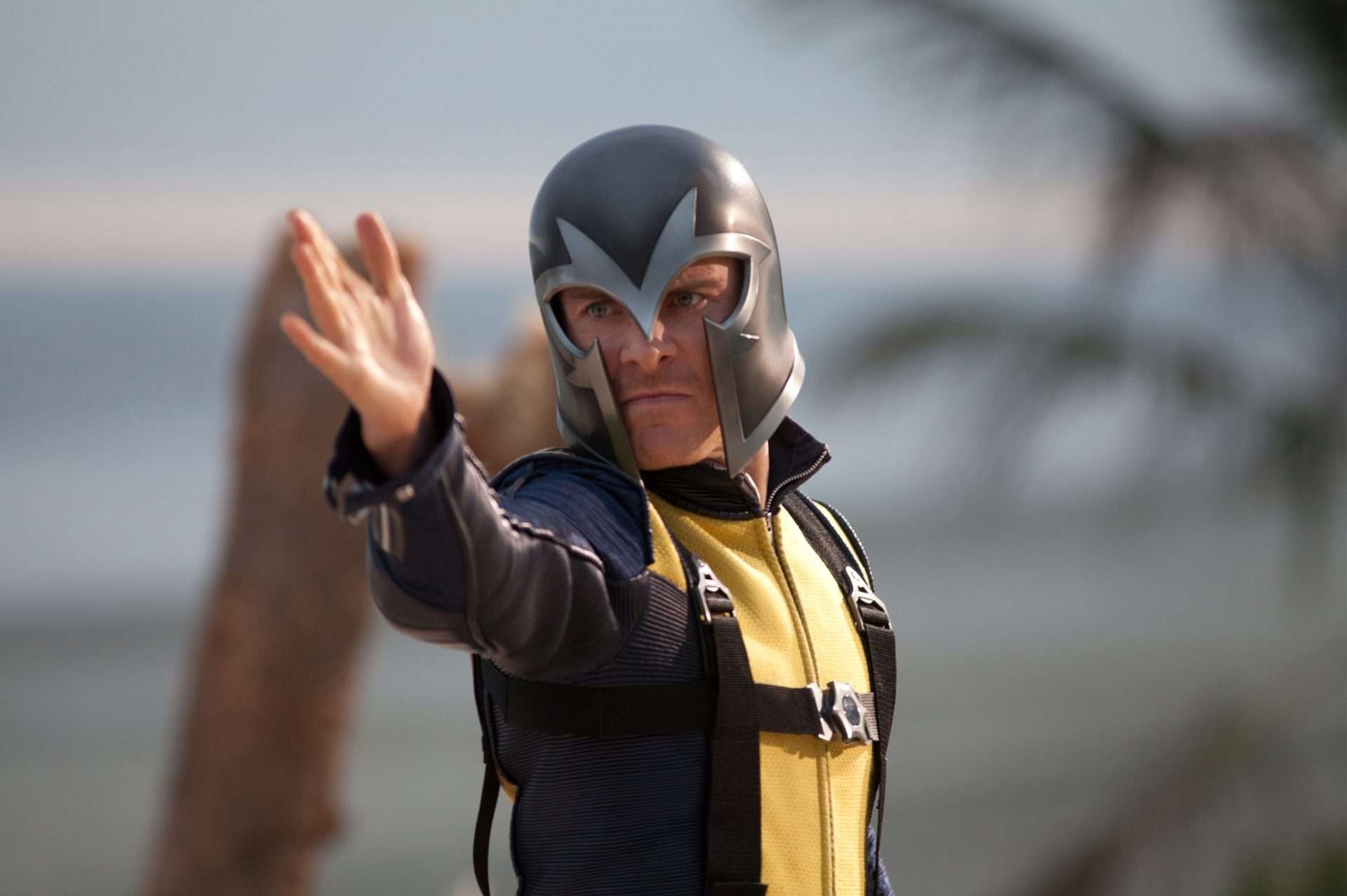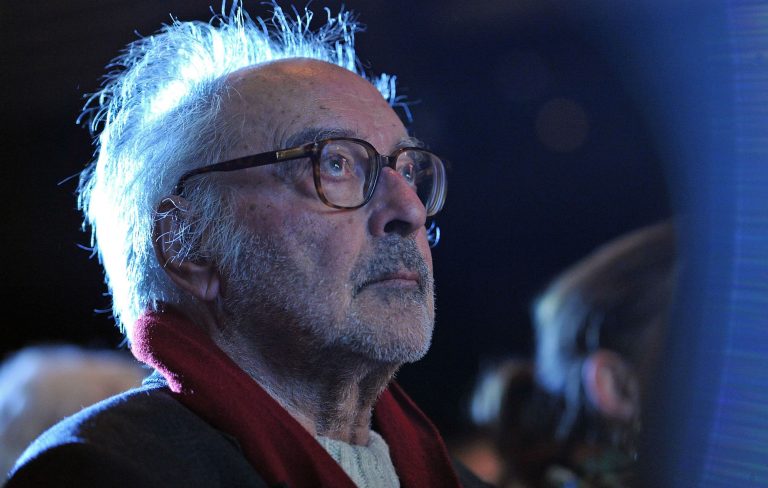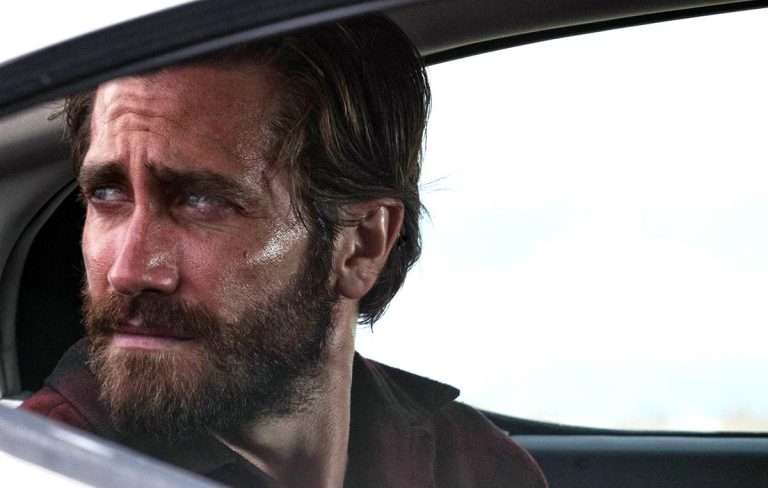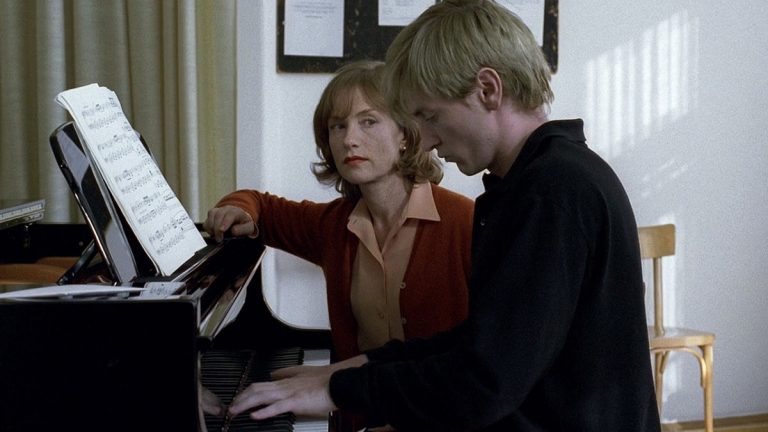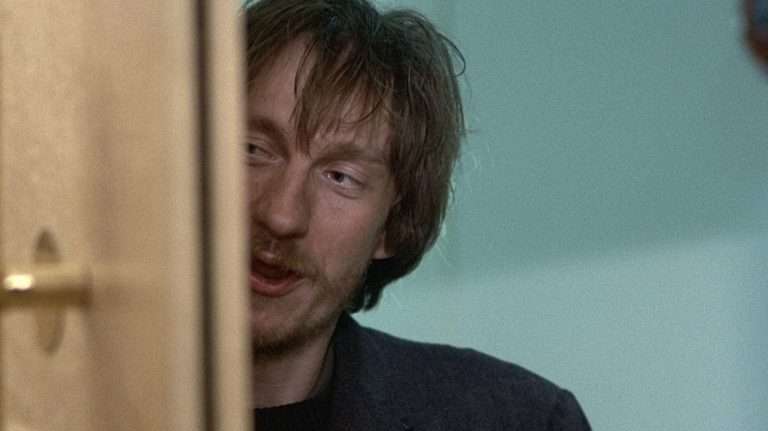Characterized by a stylish sleekness contrasted against the same grimy violence you’d find with most of his gleeful British contemporaries, Matthew Vaughn’s filmography is the sort that may keep you on your toes more than you’d expect, at least for a good while. If the majority of his work isn’t especially great, you can at least look to Vaughn’s work for a consistently jubilant thirst for pulpy gore and profanity that would make any burgeoning teenager perk up at the prospect of something to usher them into (what they think of as) adulthood.
Most surprising is probably the consistency of his style reaching across various genres, though, in each one of Vaughn’s films, you’ll find the blood-red DNA of one kinetic filmmaker linking them all together. Some may even argue that Vaughn has actually regressed as a storyteller, relying on tired tricks that come with diminishing returns for anyone with a fully developed brain. But in any case, the progression (or lack thereof) of his career is worth a closer look. Here are Matthew Vaughn’s movies ranked from worst to best:
8. Argylle (2024)
Yeah, there is no surprise here. Matthew Vaughn’s latest attempt to cash in on his stylistic flourishes has him working with the biggest budget of his career—if rumors are to be believed, around $200 Million US!—proving decisively that some directors simply work better with constraints. A spy thriller, just as convoluted as any one of its many influences without the conscious pacing or character development to get you to care, “Argylle” proves to be the director’s most grueling endurance test to date.
Unless you’re blessed enough to be encountering this film any time after its intensive marketing campaign—i.e., playing one obnoxious trailer in front of every conceivable theatrical release for at least three months—then you already know the plot: “Argylle” follows Ellie Conway (Bryce Dallas Howard), a famed spy novelist who finds herself embroiled in a real-life espionage conspiracy when her writing skills prove to be a bit too close to reality.
For all the resources Apple threw Vaughn’s way, the one inexplicable hindrance they’ve added to the recipe is a PG-13 rating, and Vaughn’s struggle to balance his bloodlust with the shiny veneer of a tech company’s demo reel is obvious in every frame. When it’s all said and done, “Argylle” will likely go down as one of many embarrassing case studies in the inevitable collapse of the streaming era.
7. Kingsman: The Golden Circle (2017)
For years, Matthew Vaughn had been lending his hand at the jumpstart or revival of several (usually comic book) franchises, and each time, fans have lamented his seeming inability to stay on board for the sequels. Well, with “Kingsman,” Vaughn’s most successful franchise to date, fans finally got their wish in the form of “The Golden Circle,” and by the time the film came out, they realized they’d taken his one-off approach for granted. As you can probably tell, Vaughn has a particular interest in the spy genre, and following the establishment of its predecessor, “The Golden Circle” finds Eggsy (Taron Egerton) returning to the world of high-class spycraft when a shady organization threatens to destroy the Kingsmen, and the world at large as we know it.
While the first “Kingsman” felt like a breath of fresh air in the spy genre, utilizing Vaughn’s unapologetically juvenile attitude in contrast with the self-seriousness surrounding other films of this ilk, “The Golden Circle” just felt like a bland retread of story beats and shock moments reminding us that too much of a good thing may not be so good after all. Mindless fun is one thing, but planting a tracking device onto a female target by seducing her and inserting it between her legs is a straight-up Austin Powers move without the sincerity of humor to back it up.
6. The King’s Man (2021)
If “The Golden Circle” pretty quickly signaled Matthew Vaughn’s inability to follow through on a successful film with a sequel, then “The King’s Man” cemented that theory with an equally useless prequel. It’s a Kingsman origin film set during World War I… that’s about the gist of the plot, and that’s probably the entire pitch that was given before a pre-Disney Fox greenlit the project.
The most surprising thing about “The King’s Man,” as it turns out, is that the film isn’t actually that bad. Quality-wise, it isn’t far from its immediate predecessor (which, chronologically, I suppose would be its successor), but Vaughn’s flagrant stupidity simply works better because the technical limitations of being set in the 1910s inherently force Vaughn to get more creative with his gadgets and plotlines. Throw in Ralph Fiennes as a suitable posh stand-in for Colin Firth, and the result is a film that actually reaches the minimum threshold it sets for itself: being a goofy, amusing time-killer.
5. Layer Cake (2004)
If you’re a British man who started directing movies sometime between the mid-’90s and early 2000s, then you’re pretty much contractually obligated to start your career with a small-scale crime film. With that, “Layer Cake” serves three functions: a decent debut for Matthew Vaughn, a serviceable audition for him to be Guy Ritchie’s understudy, and most obviously, a demo tape for Daniel Craig’s eventual take on the iconic role of James Bond. A tried-and-true rise-to-the-top narrative, Craig plays the ambitious gangland upstart (named, in true quirky indie fashion, XXXX) decently enough, as the desperation of what starts out as a simple drug deal becomes a race to the top of the illicit London food chain—if not just to satisfy his own hunger, then to ensure that he’s in the best position to see anyone ready to push him off.
The Guy Ritchie comparisons are obvious, but they’re also inevitable, as “Layer Cake” doesn’t reach the same grimy heights (depths?) of something like “Snatch” or “Lock, Stock and Two Smoking Barrels” (both of which Vaughn actually had a hand in producing). That said, Vaughn’s stab at the genre proves to be an intriguing inception of the stylistic hallmarks that would populate many different genre exercises down the line, which is more than can be said for Ritchie if nothing else.
4. Stardust (2007)
Probably the furthest Vaughn would ever get from his comfort zone when it comes to genre, “Stardust” sees the hyper-violent filmmaker shift gears towards a romantic fantasy film with far more sincerity than one would expect from the man. The violence is still there and winds up serving the film as a tonal middle-ground between “Peter Pan” and “Game of Thrones” in the story of a country boy (Charlie Cox) set on a journey to retrieve a fallen star in human form (Claire Danes) in order to impress his love.
It’s a stylish twist on the fantasy genre that would probably have been better with someone like Rob Reiner at the helm, but “Stardust” would undoubtedly prove a refreshing stop in anyone’s grueling Vaughn-a-Thon, just as it was clearly a breath of fresh air for the man himself.
3. Kick-Ass (2010)
All of Matthew Vaughn’s movies are based on existing material, but “Kick-Ass” feels most attuned to his particular sense of colorful flair; in the world of comic book films (even as early in the era as 2010), “Kick-Ass” feels like a grungy graffiti mural sprayed on an alley wall. Following a teen (Aaron Taylor-Johnson) who wants to make a difference in New York armed with nothing but some surgical metal plates after a car accident and an existing knowledge of superhero tropes, Vaughn gets to explore the pulpy genre in its most essential form, all the while working within the confines of that real-world grit that launched his career.
The director’s mixture of bombastic action and equally bombastic comedy is probably distilled in its purest sense of giddy impurity here… I mean, it’s literally called “Kick-Ass.” Well-cast and ahead of the curve when it came to self-referential superhero fare (cashing in before “Deadpool” ran that stock into the ground), “Kick-Ass” marks a defining moment in Vaughn’s directorial development.
2. Kingsman: The Secret Service (2014)
10 years down the line, it’s pretty difficult to remember precisely what made “Kingsman: The Secret Service” such a refreshing offering in the spy film genre. Maybe it was the fact that Vaughn himself co-created the comic book series upon which the film was based, giving him a closeness to the material he’d never before had. Or maybe it was the genius casting, from the inversion of Colin Firth’s posh persona in an action setting to the incredible discovery of charisma machine Taron Egerton. Or maybe it just came out at the right time. Between the increasingly formulaic Bond series and the constant adrenaline rush of Tom Cruise’s “Mission: Impossible” vehicles, “Kingsman” felt like an Austin Powers film with competent action and a genuine ethos for gentlemanly behavior.
Perhaps there was a reason “The Secret Service” was the success that finally got Vaughn to decide to stick around for the future of one of his offspring, as he introduced us to the Streetwise Eggsy joining a secret organization of spies. And in hindsight, his failure to live up to it in future iterations just makes the original seem all the more impressive.
1. X-Men: First Class (2011)
With his latest effort, “Argylle,” Vaughn’s PG-13 rating was a kick in the knees because profanity and gore have pretty much become his entire brand by now. Way back in 2011, however, the man still had some semblance of interest in exploring characters, which is what made “X-Men: First Class” such a poignant entry in the series. The X-Men have always been, in the superhero world, an intriguing, eclectic mix of characters worth dissecting, and while the accompanying film series has been entirely inconsistent, that very inconsistency has been part of the fun in the journey.
Vaughn’s desire for character development and tasteful (probably studio-imposed) restraint in the visual department explains how he took a handful of memorable supporting players from the original films, aged them down, and surrounded them with a bunch of C-list names—both in character and the actors playing them at the time—and made every one of them among the biggest standouts in a franchise that would span nearly 20 years.
The major difficulty in compiling this list came from the fact that, once you’ve run down the small list of basic attributes describing a Matthew Vaughn film—profane, violent, slick, glibly juvenile—there isn’t all that much to distinguish his vision. “X-Men: First Class” is a testament to the fact that, beyond all those cheeky tricks, the manchild within is at his purest when he cares not about how many F-bombs he can shoehorn into the story (here he was afforded just one, and what a legendary one it was…), but rather, whose story he’s telling in the first place.

